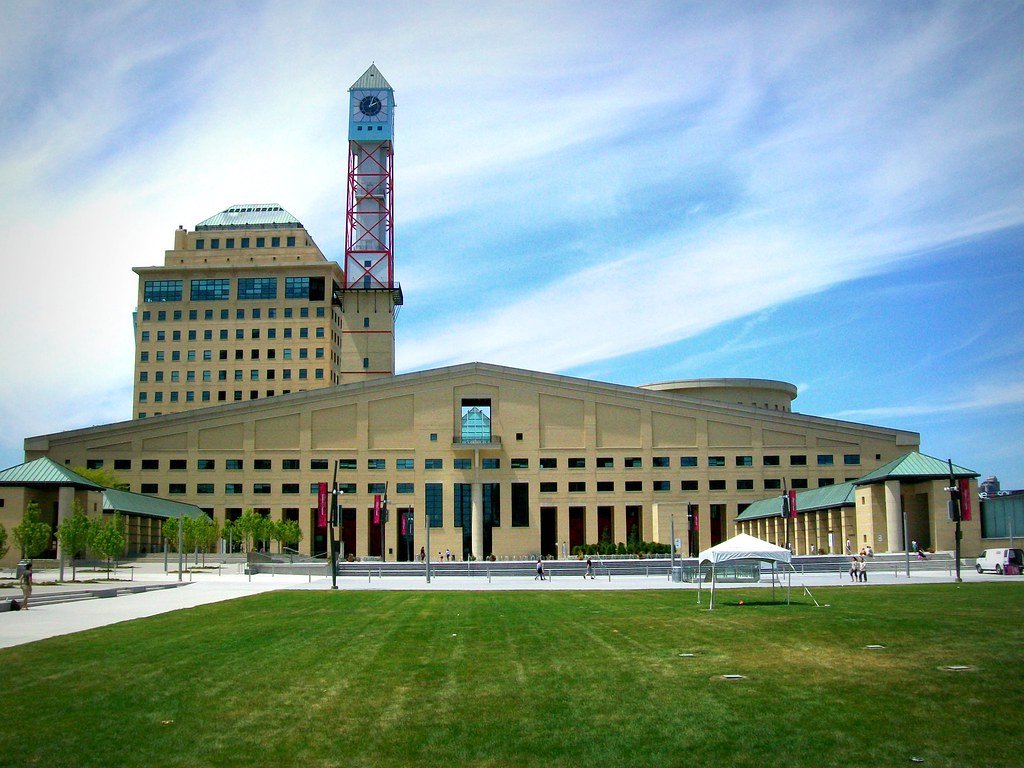Respecting Religious Practices: A Core Value for an Inclusive Society
A recent incident in Brampton, Ontario, has sparked concerns about the respect for religious practices in Canadian institutions. A Sikh senior was reportedly shaved against his will while in a Brampton hospital, a direct violation of one of Sikhism’s fundamental tenets—keeping uncut hair (kesh). This deeply unfortunate event not only hurt the individual but also underscored the urgent need for greater cultural and religious sensitivity across government institutions and public services.
Religious practices are essential expressions of identity and faith for millions across the world. For Sikhs, maintaining uncut hair is a sacred obligation, just as wearing a kippah is important for observant Jewish individuals, donning a cross is a symbol of faith for Christians, and growing a beard or wearing a hijab is a sign of religious devotion for many practicing Muslims. When these expressions of faith are disregarded or disrespected, it is more than just an oversight—it is a failure to honor the core values of a diverse and inclusive society.
This incident in Brampton is not isolated. There have been other moments of cultural insensitivity within public institutions. A notable example includes the Ontario government’s display of a Muslim shopkeeper and a Hijab-wearing customer in promotional VDO when announcing the policy to allow the sale of alcohol in grocery stores—an activity strictly prohibited in Islam. Incidents like these reflect a broader issue: the gap in understanding and respecting diverse cultural and religious values in public spaces.
The Importance of Religious Sensitivity and Inclusion
Religious practices should not be viewed as mere symbols; they are expressions of deeply held beliefs and values. Respecting these practices is not just a courtesy—it is a fundamental part of building an inclusive, equitable society. Canada prides itself on its commitment to diversity, but without the proper tools and training, even well-meaning individuals and institutions can inadvertently cause harm.
This is where Equity, Diversity, and Inclusion (EDI) training becomes crucial. By educating public servants and healthcare workers about the importance of religious practices, we can prevent incidents like these from occurring in the future. Understanding that a Sikh’s uncut hair, a Jewish person’s wearing the Kippah, a Muslim’s choice to wear a hijab, or a Christian’s cross is central to their identity helps ensure that everyone feels respected and included.
The Need for Mandatory EDI Training in Government Institutions
To foster this understanding, it is imperative that EDI training be made mandatory at all levels of government—federal, provincial, and municipal. Such training should not only cover the basics of various religious practices but also emphasize the impact of cultural sensitivity on public interactions. Whether it’s a healthcare professional dealing with a Sikh patient or a law enforcement officer interacting with a Muslim or Jewish individual, awareness of and respect for religious customs are key to creating inclusive public spaces.
Without mandatory EDI training, incidents like the one in Brampton will continue to occur, eroding trust in public institutions. By making EDI training a core part of government operations, Canada can better uphold its values of diversity, inclusion, and respect for all.
Learning from Other Faith Practices
Beyond Sikhism, many faiths have practices that must be respected. For Jewish men, the kippah is a symbol of reverence before God, worn as a daily reminder of their faith. For Christians, the cross represents a symbol of devotion and sacrifice, often worn as an outward display of belief. In Islam, the beard for men and the hijab for women are expressions of religious commitment. These practices are deeply meaningful and should be honored, not merely tolerated, I don’t like the word often used “Tolerate” and will write about it separately, in any pluralistic society.
If we expect people to trust public institutions, those institutions must respect the diverse cultural and religious backgrounds of all citizens. This includes healthcare providers, police officers, and government officials understanding that certain religious symbols or practices are non-negotiable aspects of personal faith.
Moving Forward
Canada’s commitment to multiculturalism, multi-faith, and diversity is among its greatest strengths. However, this commitment must be reflected in our daily practices, particularly within government institutions. The incident in Brampton is a wake-up call for the country to implement stronger measures to ensure cultural and religious sensitivity.
Mandatory EDI training will not only prevent future incidents but will also send a powerful message that Canada values and respects the faith and cultural practices of all its citizens. Let’s make this training a standard practice at every level of government and continue to work toward a society that truly embraces the principles of inclusion and equity.
Religious freedom and respect are not just ideals; they are essential to maintaining the trust and cohesion that make Canada such a vibrant and diverse nation. We must do better to ensure that incidents like this never happen again.
If you have any questions or would like to discuss your unique needs and goals, please don’t hesitate to contact me at 416-908-5600. I’m here to help you find the perfect, tailor-made solution.
If you found this review helpful, I would greatly appreciate it if you could kindly leave a Google Review for my real estate services at
Thank you for your continued support!
A. Q. Mufti
Your Trusted Realtor in Mississauga, Oakville, Milton and beyond.



